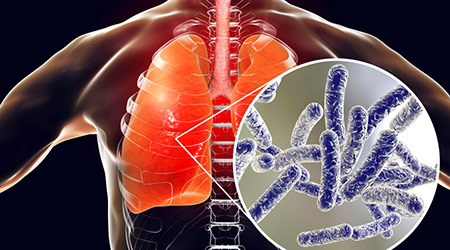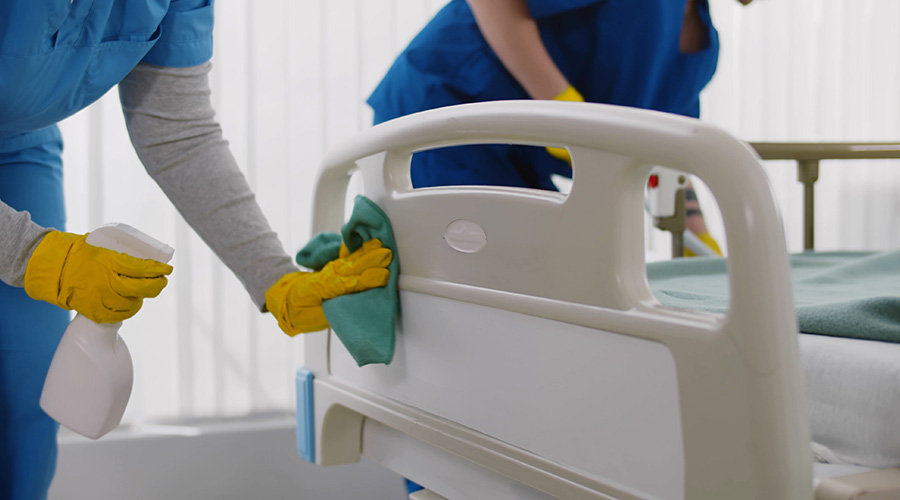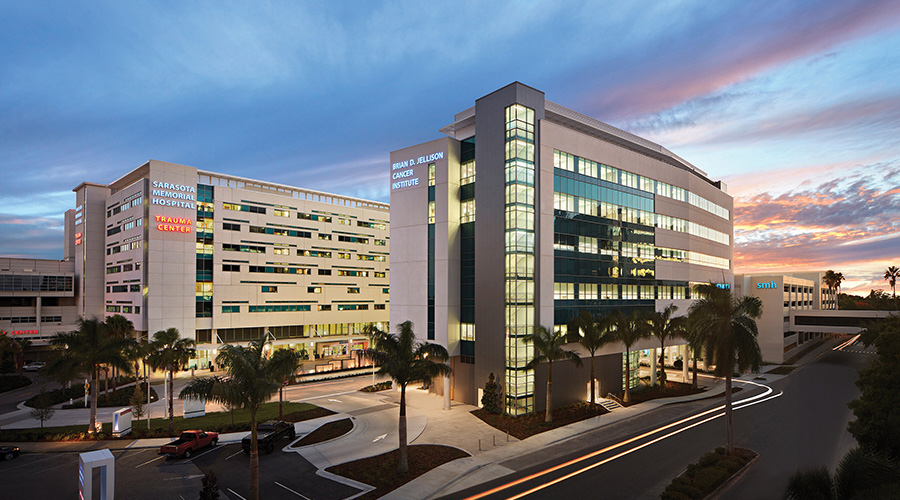Eleven patients at UW Hospital in Madison, Wis., have developed Legionnaires’ disease, apparently from the hospital’s hot water system. Four of them remain in the hospital, according to an article on the LaCrosse Tribune website.
One patient died and six have been discharged or treated at outpatient facilities. The patient who died had been hospitalized for multiple, severe health problems and the death was not unexpected, according to the hospital.
Hospital officials said last week that UW’s cases appeared to be linked to a decision last month to reduce water flow at the hospital during low-demand times. That can make the water system more vulnerable to infectious bacteria. Regular flow has been resumed.
Last week, the hospital extensively chlorinated its water system, a process called “hyperchlorination,” to kill the bacteria. Testing so far has shown the expected reduction in the bacteria, officials said Friday. Monitoring at multiple sites continues.

 The Difference Between Cleaning, Sanitizing and Disinfecting
The Difference Between Cleaning, Sanitizing and Disinfecting Jupiter Medical Center Falls Victim to Third-Party Data Breach
Jupiter Medical Center Falls Victim to Third-Party Data Breach Sarasota Memorial Health Care System Moves Forward on $1B in Capital Projects
Sarasota Memorial Health Care System Moves Forward on $1B in Capital Projects UCI Health Set to Open First All-Electric Hospital
UCI Health Set to Open First All-Electric Hospital Ground Broken on Baptist Health Sunrise Hospital
Ground Broken on Baptist Health Sunrise Hospital